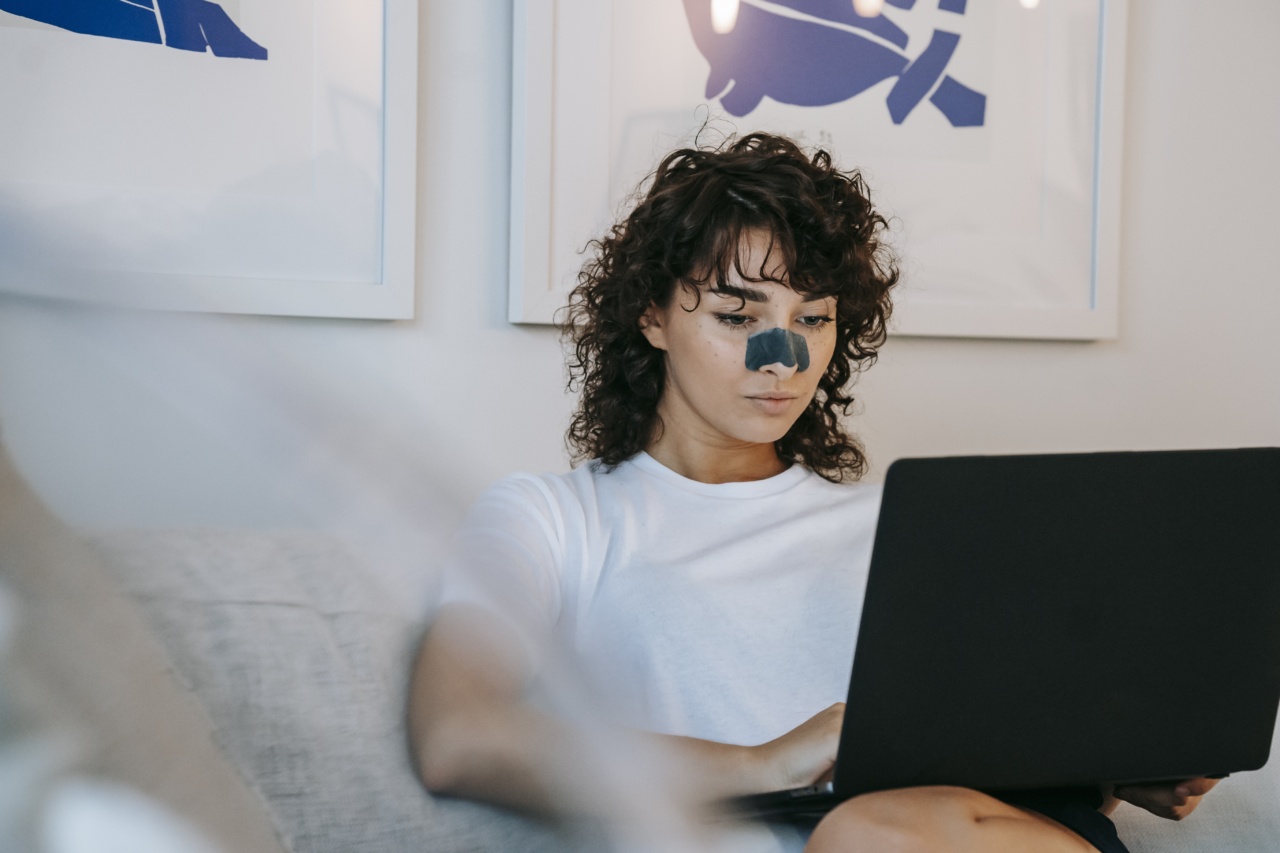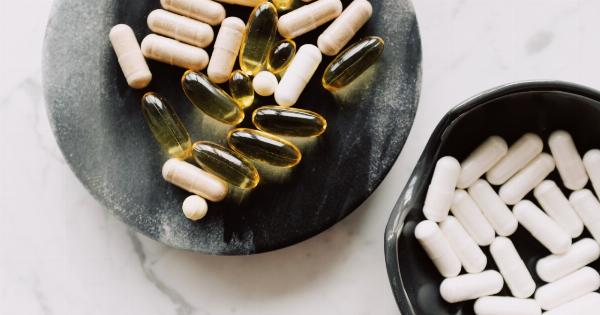Acne is a common skin condition that affects millions of people worldwide. It can be frustrating and embarrassing, especially when breakouts occur at the most inconvenient times.
While there is no overnight cure for acne, there are several tips and tricks that dermatologists recommend to help treat acne quickly and effectively. These tips include skincare routines, lifestyle changes, and various acne treatments. In this article, we will explore dermatologist-approved techniques to combat acne and achieve clearer, healthier skin.
Understanding Acne
Before diving into the tips for treating acne quickly, it is essential to understand what acne is and what causes it. Acne occurs when the hair follicles on the skin become clogged with dead skin cells, oil, and bacteria.
This leads to the formation of pimples, blackheads, whiteheads, or cysts.
Acne can be triggered by various factors, including hormones, genetics, stress, diet, and certain medications. It commonly appears on the face, chest, back, and shoulders, where the sebaceous glands are most active.
It is important to note that acne affects people of all ages, but it is most prevalent during puberty and adolescence.
1. Establish a Consistent Skincare Routine
A good skincare routine is crucial for managing and preventing acne breakouts. Dermatologists recommend the following steps for an effective acne-fighting skincare routine:.
2. Cleanse Twice Daily
Washing your face twice a day, morning and night, is essential to remove excess oil, dirt, and bacteria from the skin. Use a gentle cleanser suitable for your skin type.
Avoid harsh soaps or scrubbing vigorously, as this can irritate the skin and worsen acne.
3. Exfoliate Regularly
Exfoliating the skin helps remove dead skin cells, unclog pores, and promote cell turnover. Use a gentle exfoliator or a chemical exfoliant with ingredients like salicylic acid or glycolic acid.
Be cautious not to over-exfoliate, as it can lead to dryness and irritation.
4. Use Spot Treatments
Spot treatments with ingredients like benzoyl peroxide or salicylic acid can effectively target and dry out individual pimples. Apply a small amount directly onto the pimple, following the product instructions carefully.
Avoid applying these treatments all over the face, as they may cause dryness.
5. Moisturize Daily
Contrary to popular belief, moisturizing is essential even for acne-prone skin. Look for oil-free, non-comedogenic moisturizers that won’t clog pores. Moisturizing keeps the skin hydrated and balanced, preventing the overproduction of oil.
6. Protect Your Skin from the Sun
Exposure to the sun’s harmful UV rays can worsen acne and cause skin damage. Always apply a broad-spectrum sunscreen with an SPF of 30 or higher before going outside.
Look for sunscreens labeled “non-comedogenic” to ensure they won’t clog your pores.
7. Hands Off Your Face
Touching your face throughout the day can transfer dirt, bacteria, and oil onto the skin, leading to breakouts. Avoid touching your face unnecessarily and refrain from picking or popping pimples, as this can cause scarring and further inflammation.
8. Maintain a Healthy Diet
Although specific foods do not directly cause acne, a healthy diet can promote overall skin health. Avoid excessive consumption of refined sugars, greasy foods, and dairy products, as they have been linked to acne flare-ups in some individuals.
Instead, focus on incorporating fresh fruits, vegetables, lean proteins, and whole grains into your diet. Staying hydrated by drinking plenty of water is also essential for maintaining healthy skin.
9. Manage Stress Levels
Stress has been known to worsen acne breakouts. Find healthy ways to manage stress, such as practicing yoga, meditation, or engaging in physical activity.
Taking time for self-care and prioritizing relaxation can have a positive impact on your skin’s condition.
10. Seek Professional Help
If over-the-counter acne treatments and lifestyle changes do not provide significant improvement, it is advisable to consult a dermatologist.
Dermatologists can assess your skin condition, prescribe medications if necessary, and recommend specialized treatments like chemical peels, laser therapy, or extraction of stubborn acne lesions.
Remember, treating acne takes time, patience, and consistency. Everyone’s skin is different, so what works for one person may not work for another.
It is essential to give any new routine or treatment method enough time to yield results before trying something else.




























